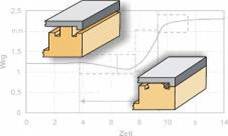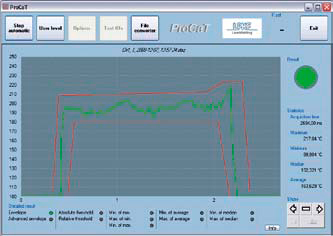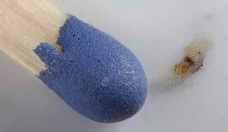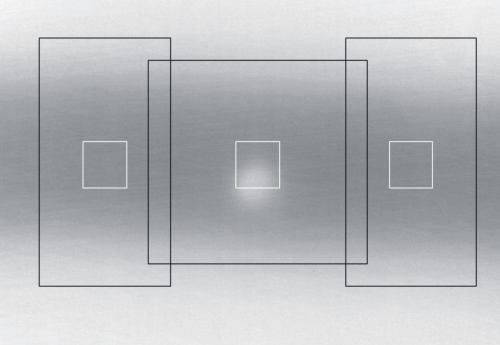Methods
Melt Travel Monitoring
Melt travel monitoring, also known as collapse control, is the most widely used monitoring technique for quasi-simultaneous welding. A weld rib built into the lower part is designed to melt and collapse as force is applied during the welding process. The distance of collapse can be precisely measured, ensuring that all geometric tolerances have been overcome and a consistent joint is created. The closed loop process will stop once a desired criteria has been met; either a set time, distance of collapse or when a fixed stop is reached.
Pyrometer - Temperature Monitoring
A pyrometer can be used to measure the temperature signal from the weld joint. This information can be passed to the laser control to automatically adjust the laser output and attempt to compensate for parts without proper energy input in the joint. The temperature must stay within a specific enery envelope, too much energy and the plastic will degrade, too little and no weld is created.
Camera-assisted Vision Systems
This method is well suited for applications with a strong contrast in color between the two parts, i.e. natural polymers welded to black polymers. The camera can detect inconsistencies in color of the joint, areas in the weld with gaps will appear lighter in color than areas with good bonding. The camera can also measure the consistency of the weld bead thickness for aesthetic quality purposes.
Laser Welding, An Already Reliable Process
The process parameters in the default laser plastic welding process provide a reliable process in and of themselves. Deviations from these set values are immediately detected and can issue warnings about part variations or bad welds, reducing the cost or need for post weld inspection.
Quality Control Software
LPKF's process capturing software ProCat is a universal data interface, recording measurement data from a variety of tracking components and sensors. The software can compare the results with predefined process specifications and analyze the findings.
- Can store all welding process parameters generated by the machine control for evaluation
- Provide a comprehensive process documentation file for quality review
- Welding performance is documented and archived for review at anytime




